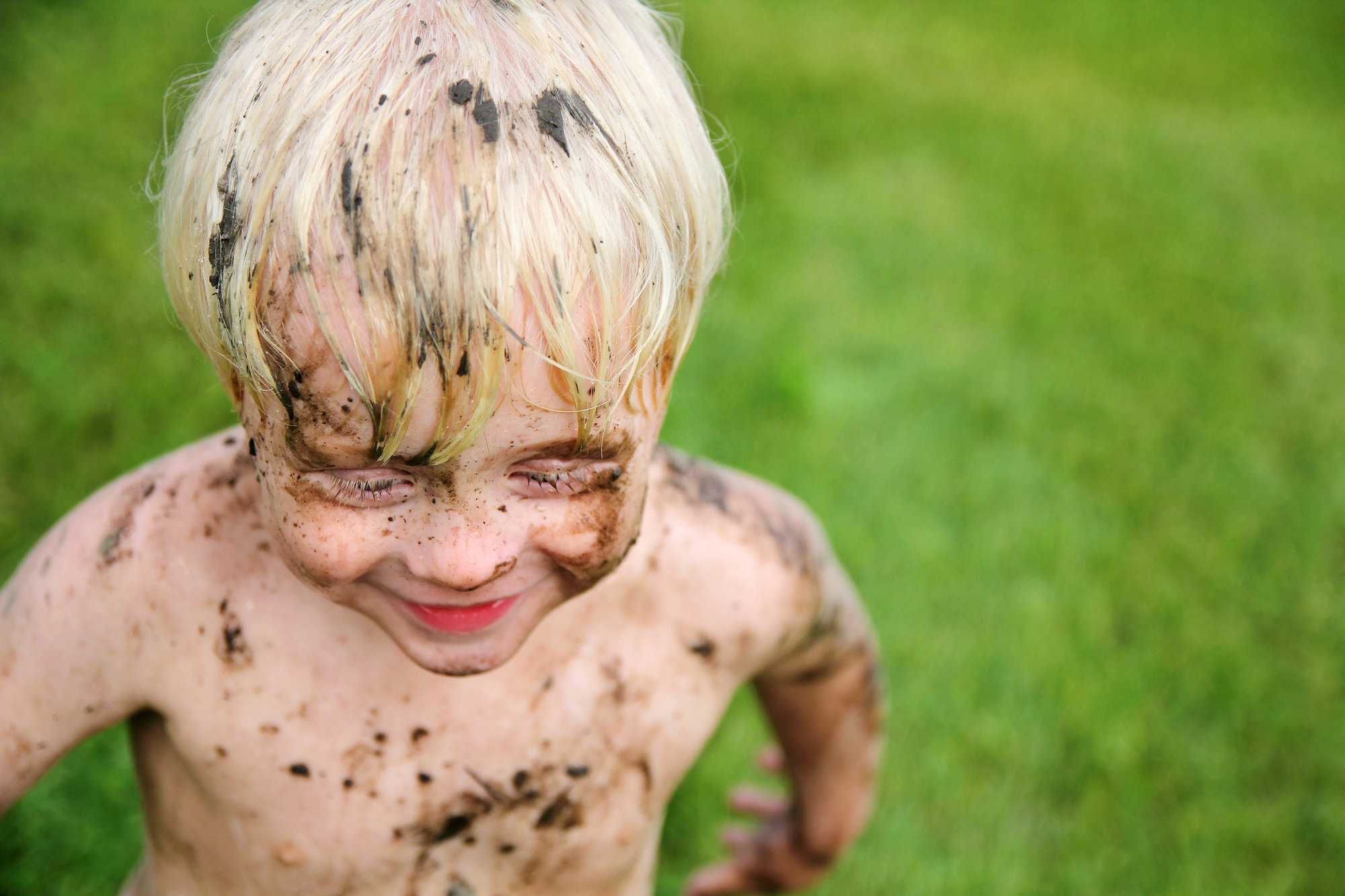
Parenting in the US is hard*.* There is so much judgment from other parents, nonparents, teachers, grandparents, TV, magazines … it's kind of coming at us from all sides no matter what we do or what choices we make, right? If we let kids have a ton of time with electronics to get them ready for the internet-based new world, we're chided for letting them have too much screen-time. If we stick to giving them blocks and avoid introducing them to pop culture, we're chastised for not letting them be part of contemporary culture and get told they'll end up with "home school" syndrome — not being as "with it" as the other kids. In the US, so many aspects of parenting can really feel like nothing more than a lose-lose proposition.
But it's not like that everywhere. In Northern Europe, for instance, parents have a much, much chiller approach to childcare and child-rearing. And although we can't copy-paste the entire Nordic culture onto the one we have in the US (…as much as we would sometimes like to), we can choose to learn from them and take away as much as we possibly can. For instance, emphasizing kids' right to their own bodies and removing a sense of shame from their bodies is something we can all try to do with our kids, no matter where we live.
Of course, raising kids in a Scandinavian way has its limitations in the States. Much of what makes Scandi parenting culture awesome is that it's, well, engrained in the overall culture*,* so when we try to employ Scandi parenting models in the US, we're not supported by family, neighbors, and school personnel who also grew up with those values and want to promote them. However, that doesn't mean we can't try to bring some of this good Nordic stuff into our lives.
Go outside every day
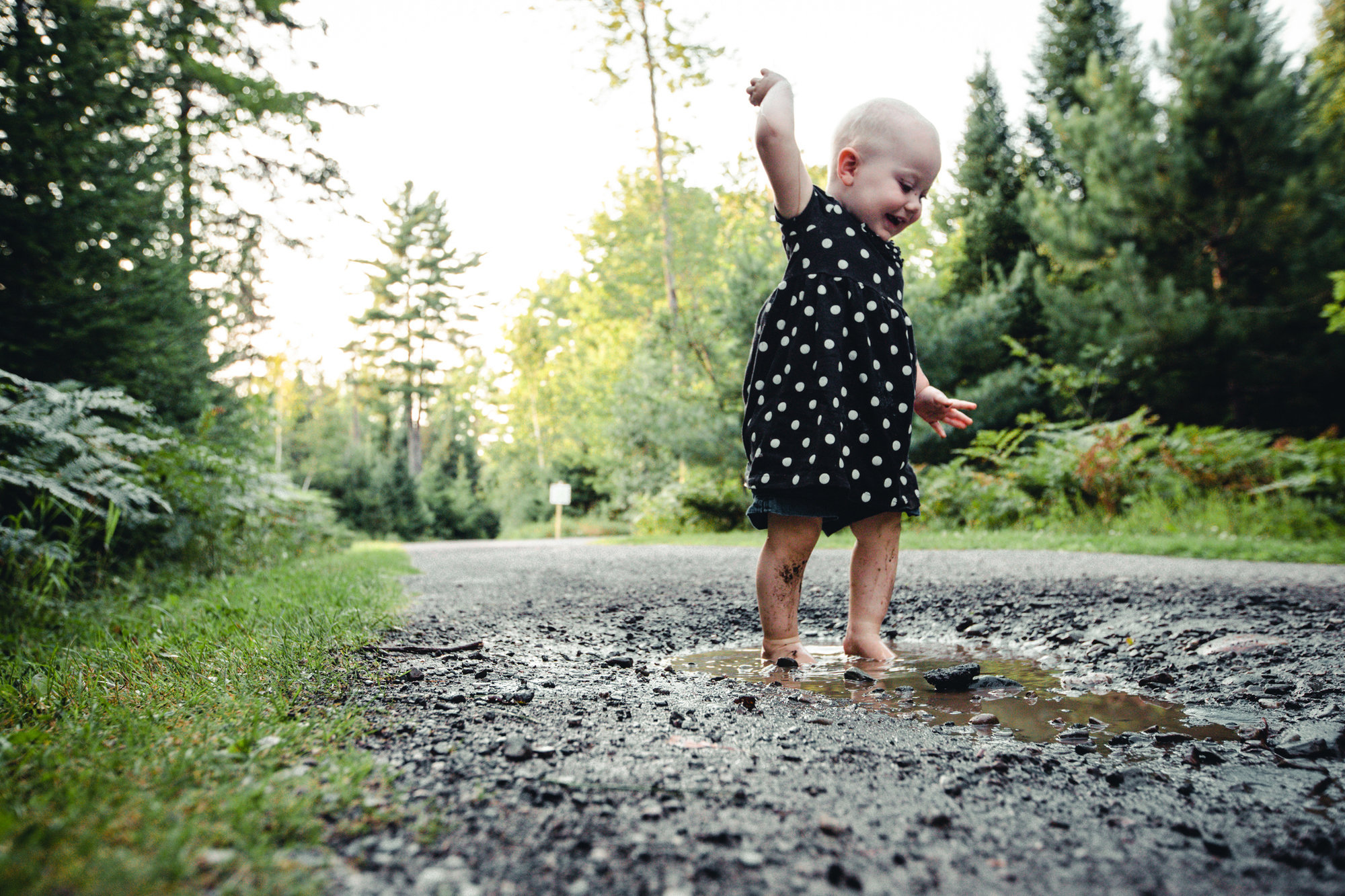
Scandi parents know that digging in the dirt, breathing fresh air, and climbing trees is good for kids (and moms) — even if it's cold or there's some risk involved.
Avoid teaching them too early
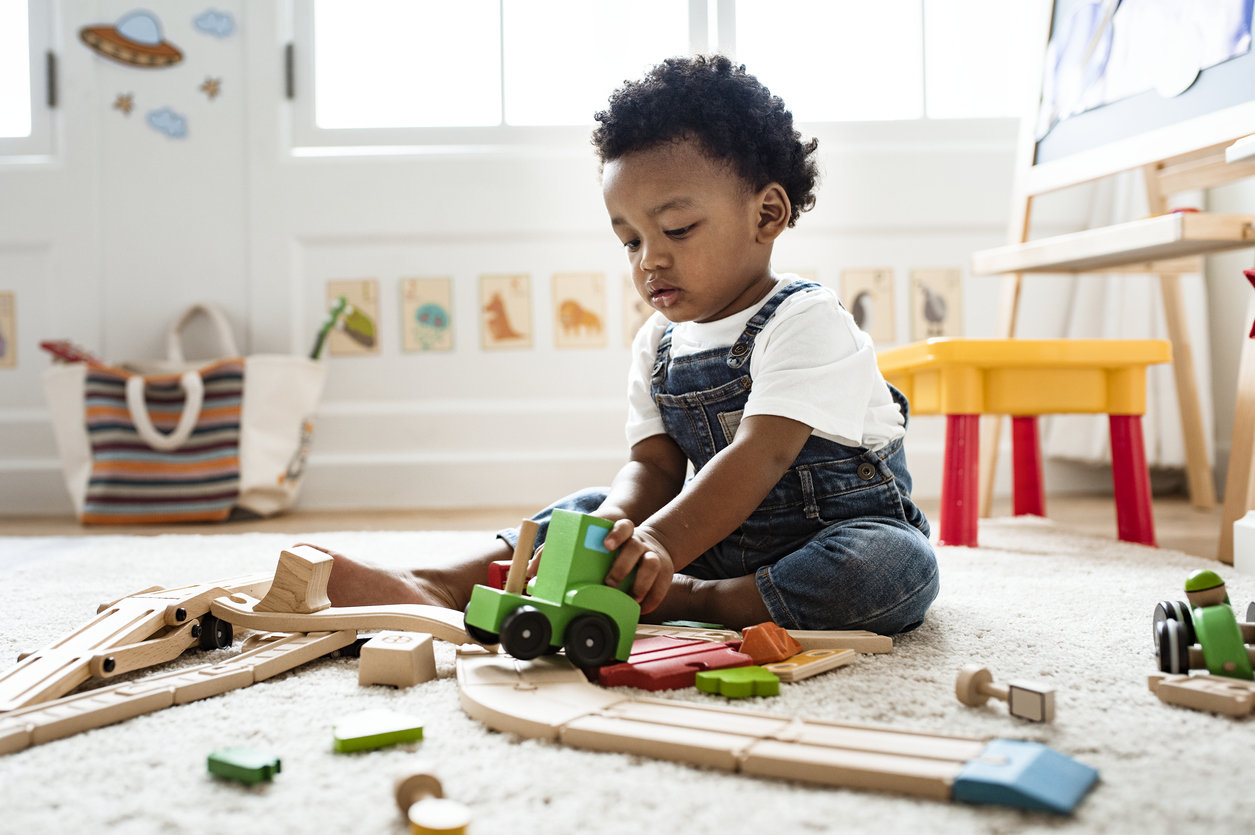
Rather than getting started on flash cards and sign language at an early, early age, Nordic kids tend to spend their earliest years developing imagination and social skills — which are just as important as academics, TBH.
Downplay gender
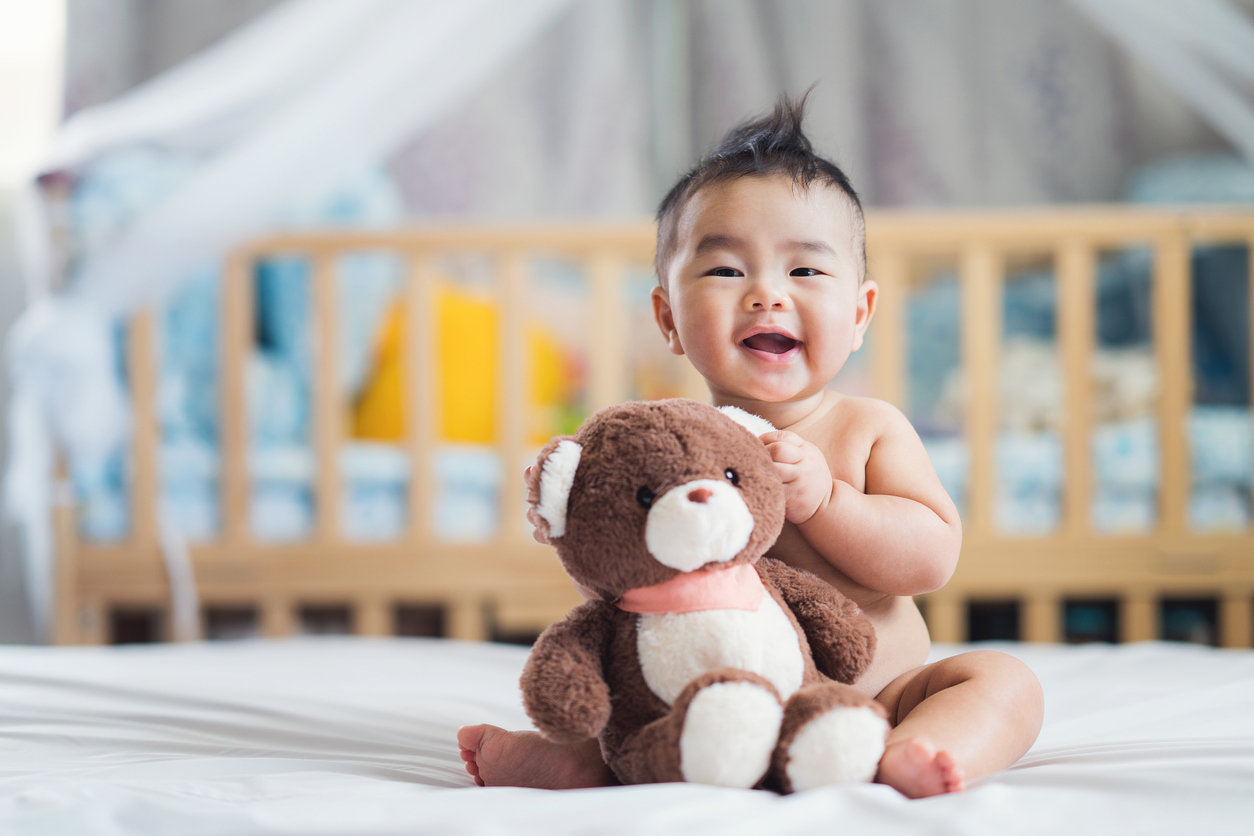
In Scandinavia, parents aren't going to do a gender reveal party. They're more likely to treat boys and girls the same and even enroll them in gender-neutral nursing schools, where the curriculum keeps everything equal.
Fresh air is paramount -- especially for naptime
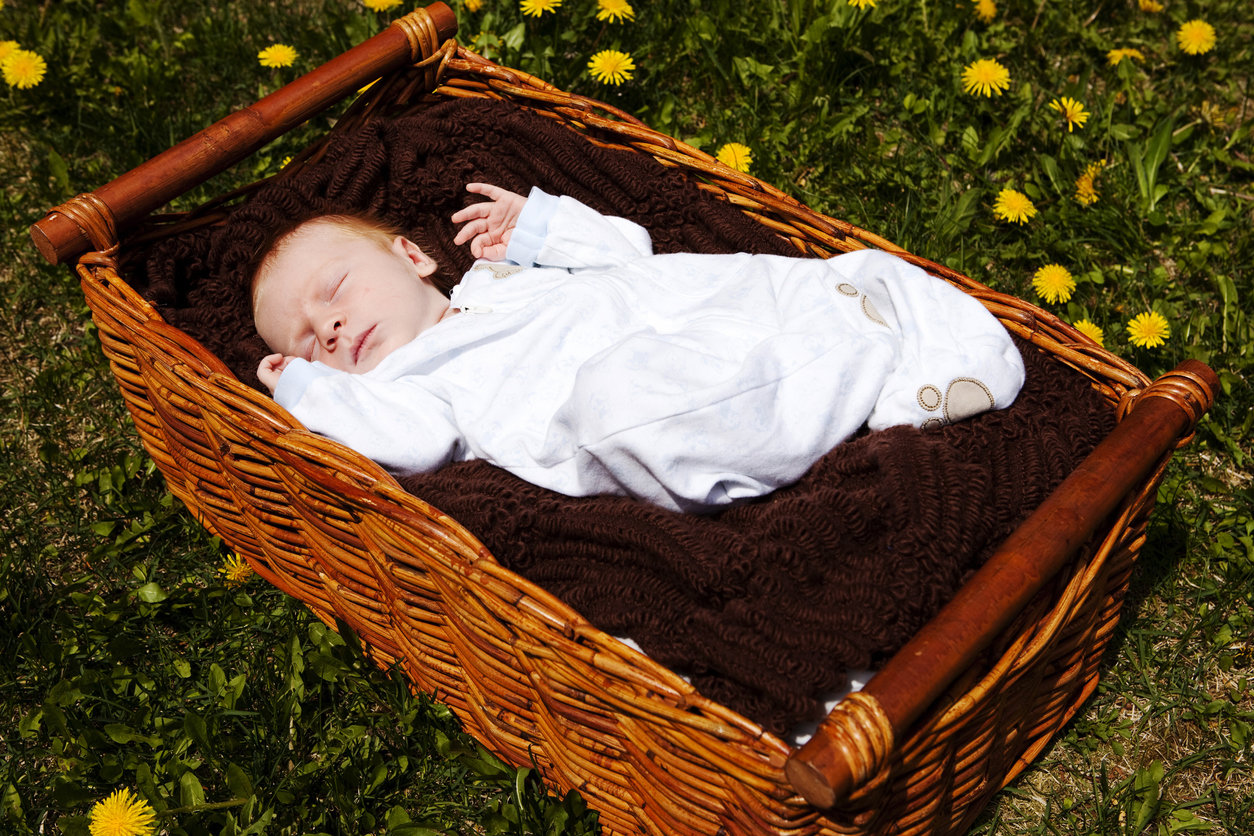
Scandinavians let their kids nap outside every single day, whether it's freezing or not. They'll bundle them up nice and warm, but they believe exposure to that cold, clean air does wonders for their health.
Never spank -- teach through positive reinforcement instead
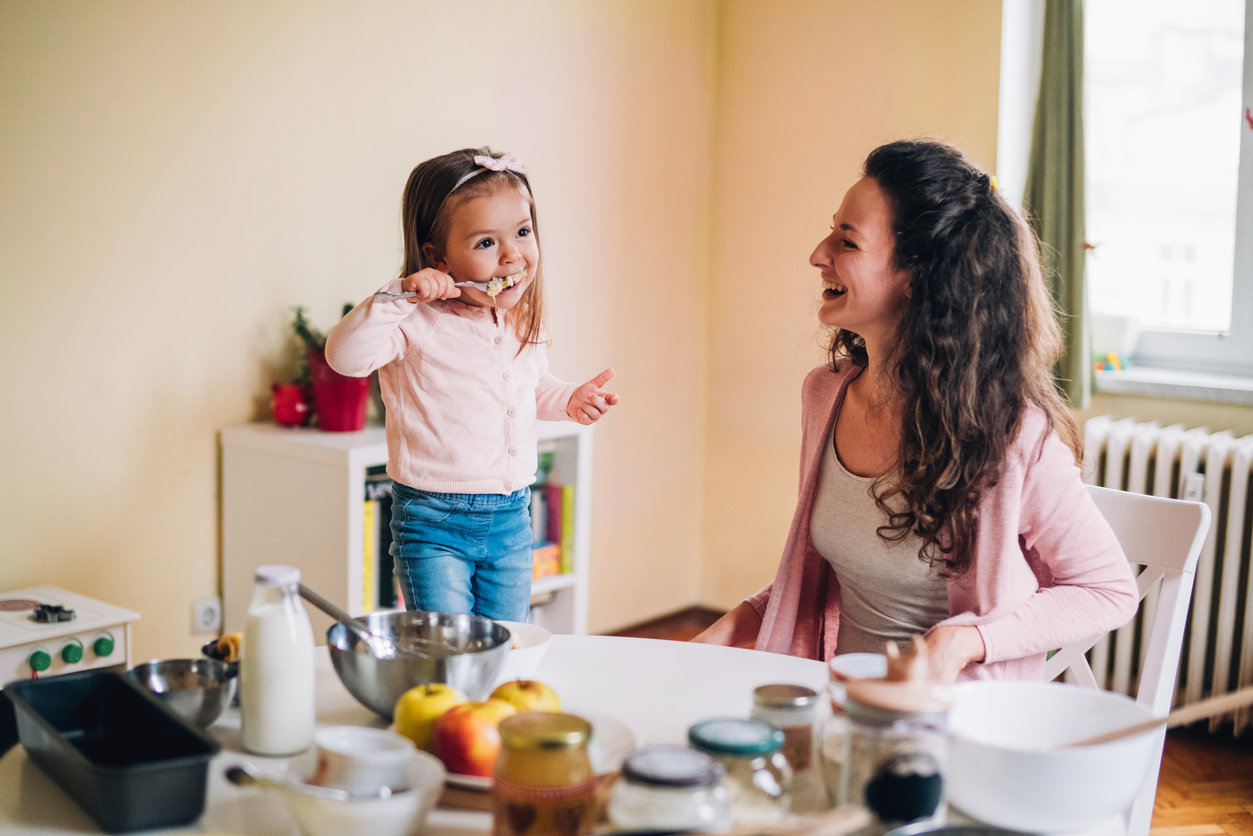
Although punishing kids through spanking is uncommon everywhere in Northern Europe, Sweden was the first to literally ban spanking as a form of punishment for kids. There's a general belief that this isn't the best way kids learn — and we have to say we agree.
Let kids stroll around in their birthday suits
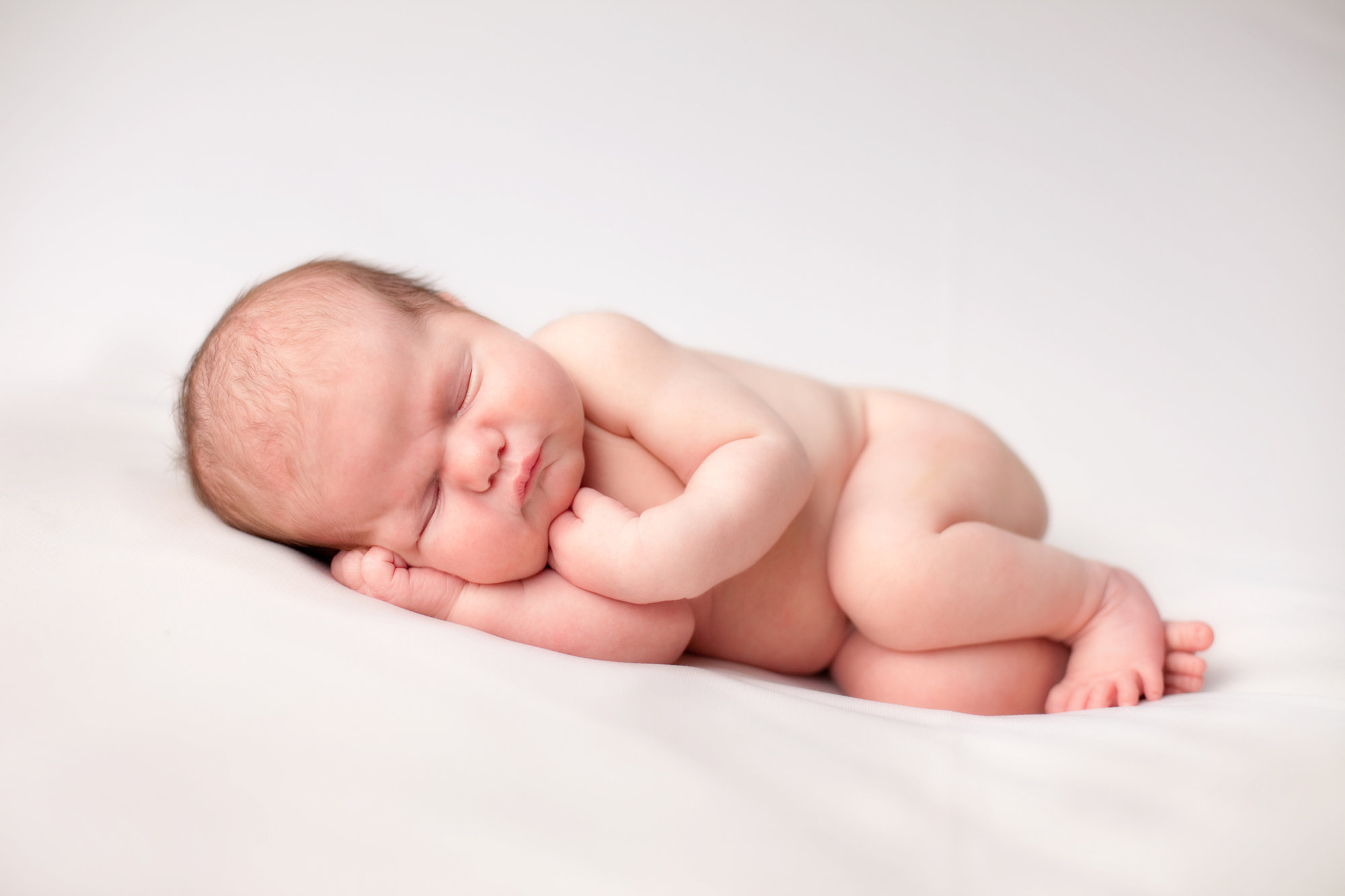
Scandinavian parents teach their kids that their bodies are their own and that they're not shameful. It's normal for Scandi kids to wander around nude (when it's not freezing outside).
Daycare is cool super young
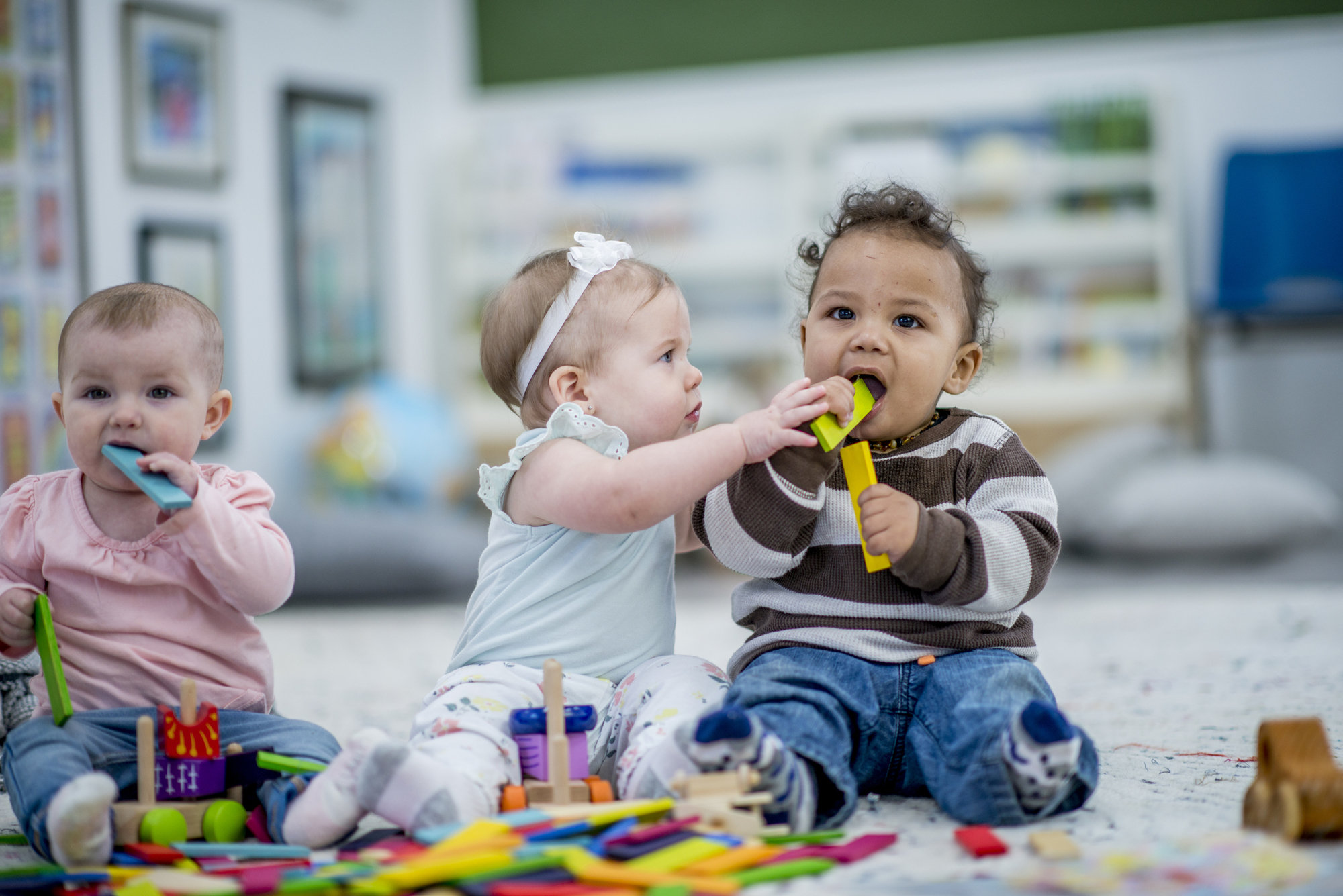
This is common in all Nordic countries, but in Sweden, parents take advantage of government-subsidized daycare — frequently beginning when kids are just 1 year old.
Falling down isn't a bad thing -- it's a must
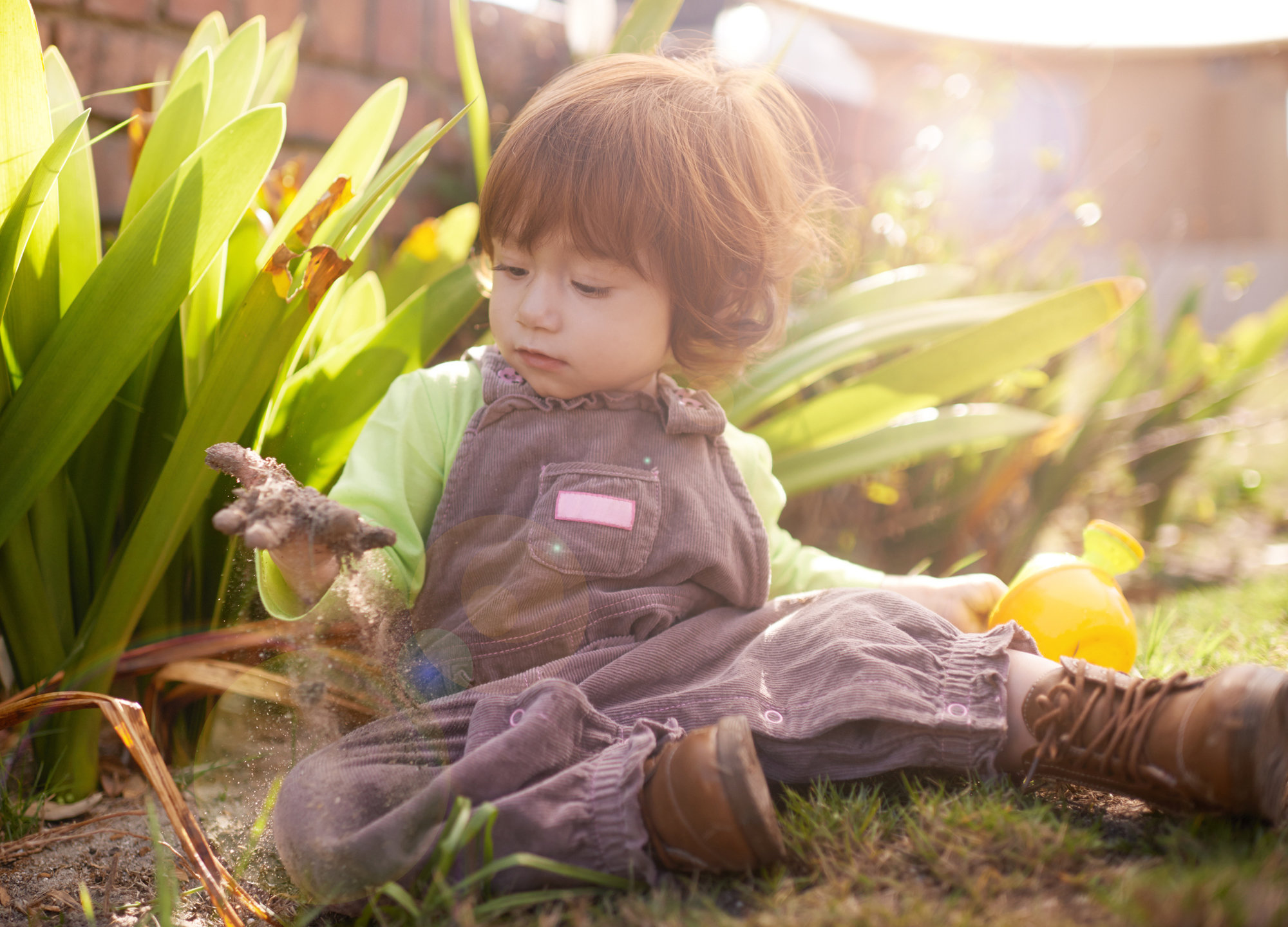
Scandi parents are less risk-adverse than American parents. In basically all of Northern Europe, if a kid scrapes a knee, the parents will slap a Band-Aid on it and say it shows they had a wonderful time.
Cleanliness is good, but sanitizing everything is weird
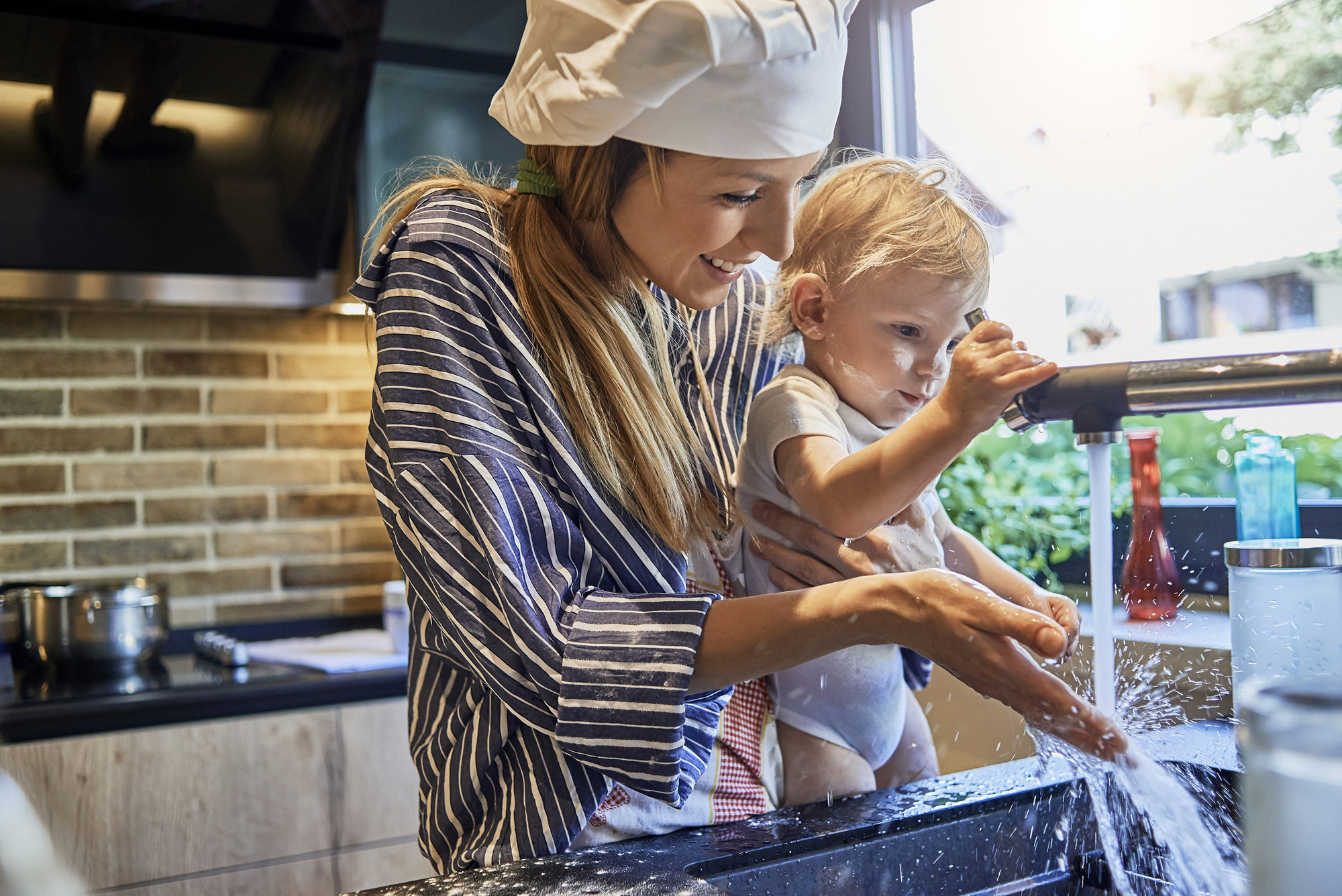
Purell isn't really a thing in Scandinavia. They wash their hands and clothes and mop their floors, to be sure, but they aren't super into sanitizing everything — and their kids don't have many allergies as a result.
Hold off on school full time
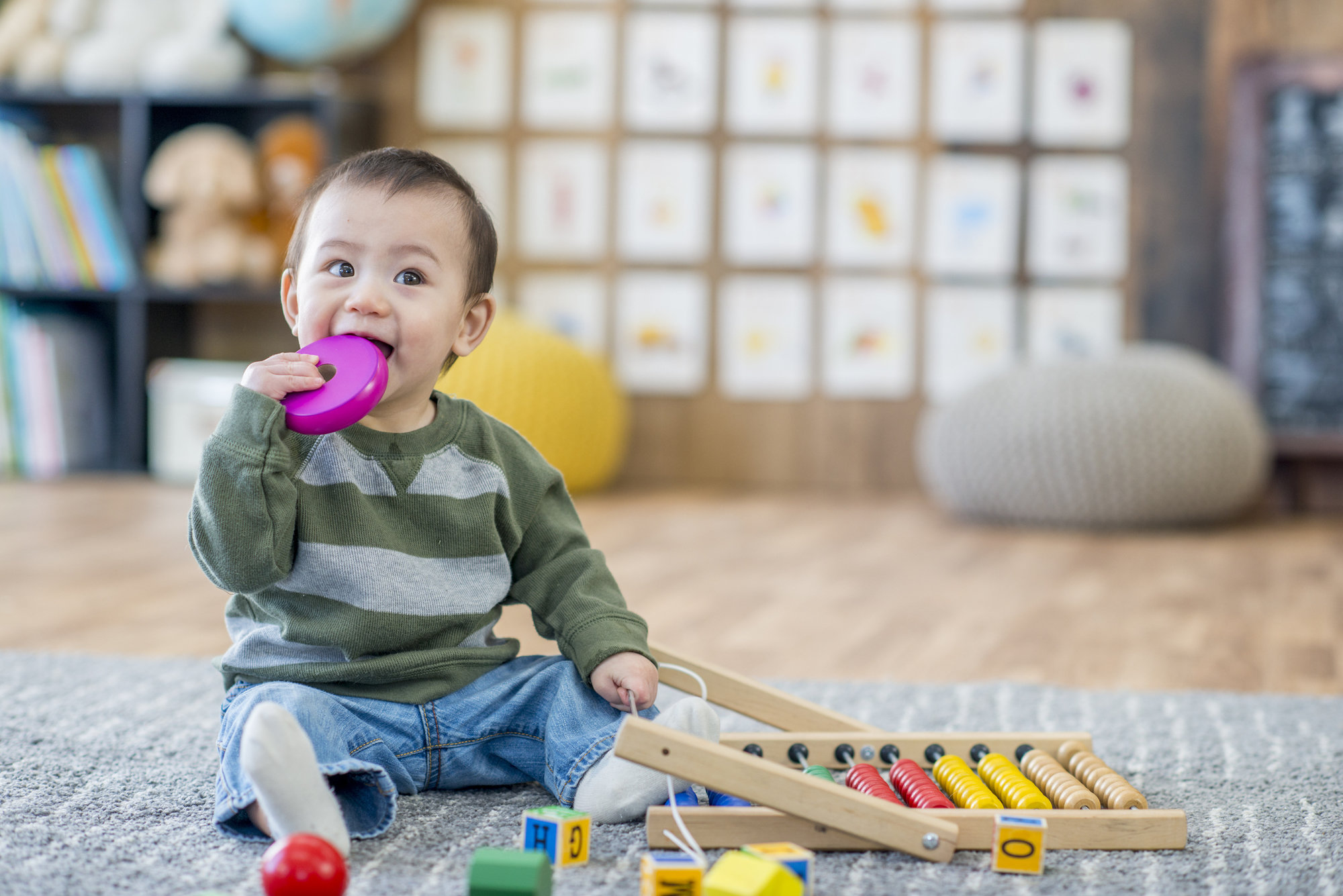
Even though Scandi parents use childcare early, they don't tend to start their kids in academic school settings until they're about 7 years old. In these countries, enjoying childhood, games, and life are all kids infant to 6 years old have to do.
Get babies into hygge early
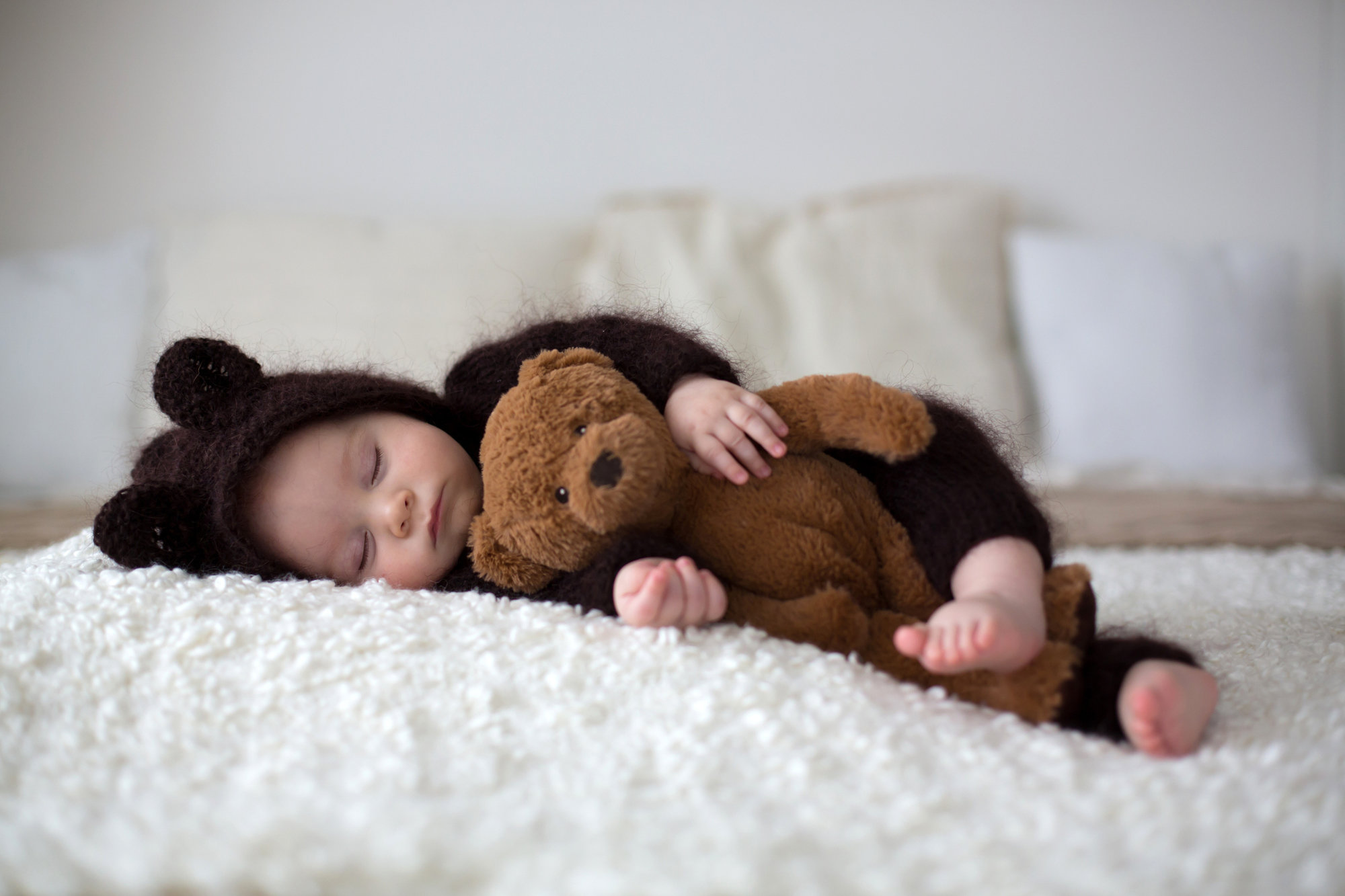
Hygge is a Danish word that doesn't have a direct translation in English, but means something along the lines of "coziness." Parents in all Nordic countries are into the snuggliness of winter — rather than complaining about the snow and cold, they bundle up, light some candles, and enjoy being surrounded by each other.
Adopt a weekend recess policy
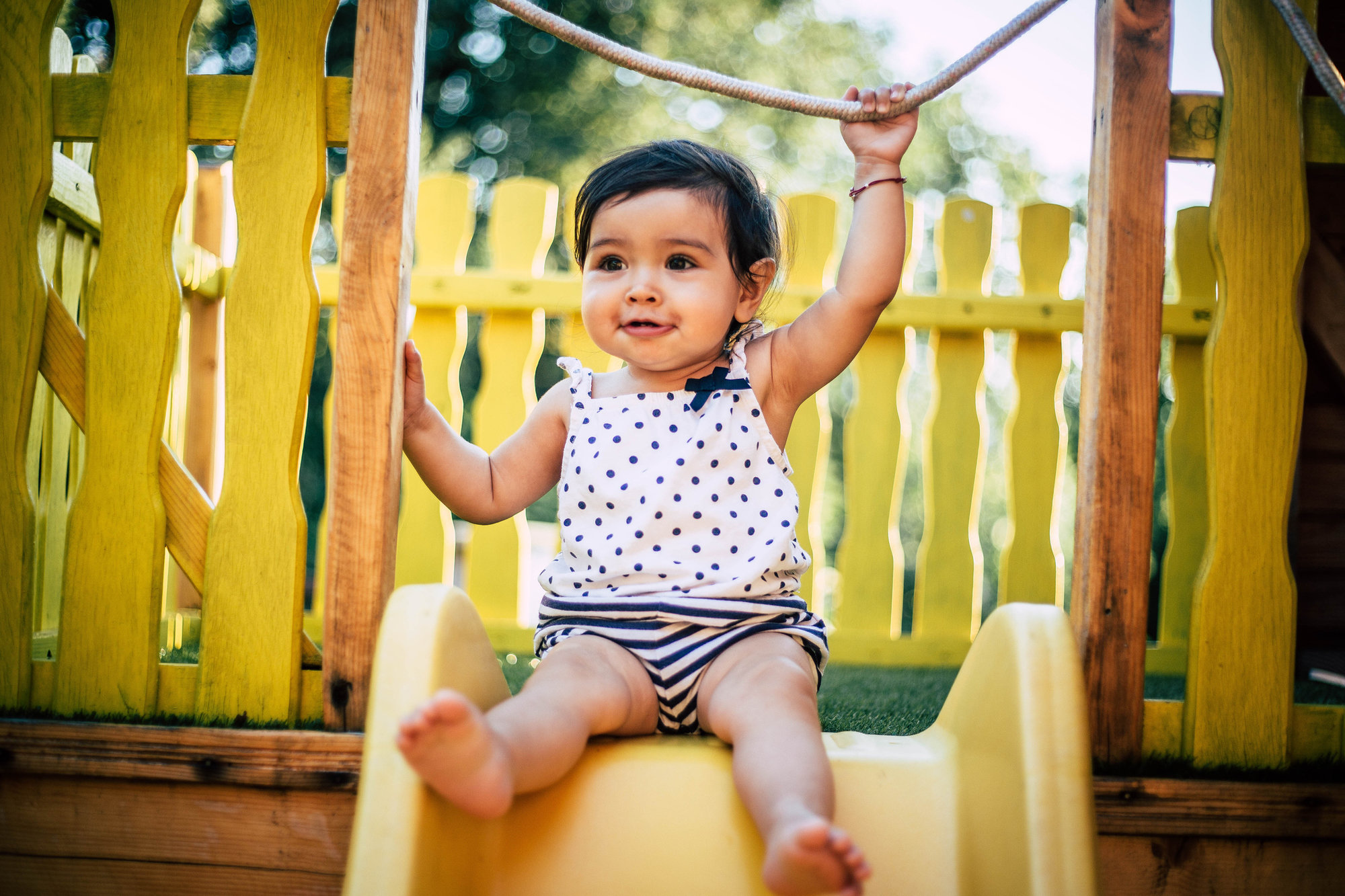
In Scandinavian countries, kids tend to spend about 20 percent of the day playing in recess, almost always outdoors, starting at 9:30 a.m. — whether or not it’s snowing. Although we don't demand our schools employ those policies (though it would be cool if they did), we can enforce weekend recess time outdoors — yes, even if it's raining or snowing.
Make cooperation and creativity key
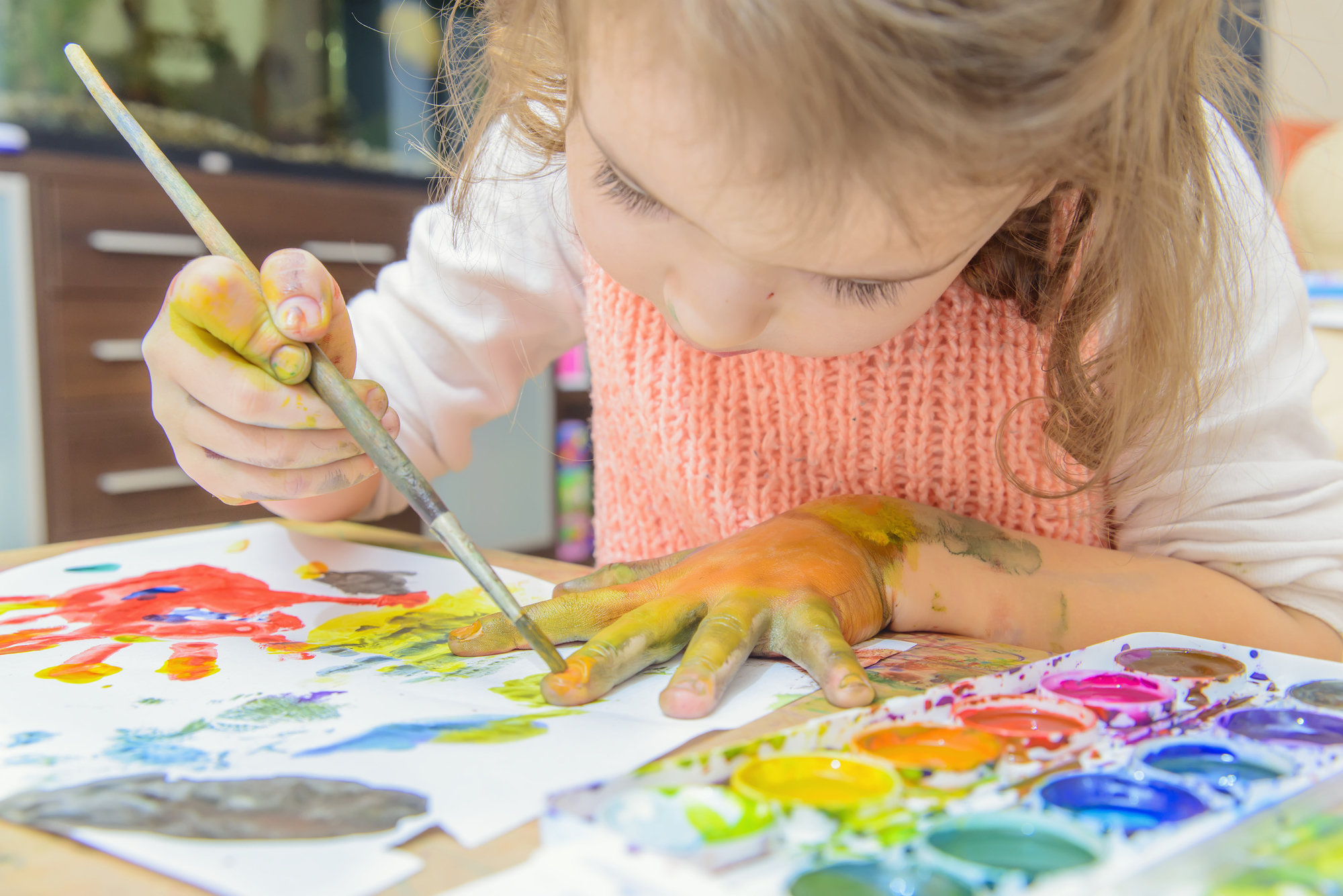
Even though kids don't get into formal education until later in Scandinavian countries, that doesn't mean those early years of play and creativity aren't learning opportunities. Scandinavian parents infuse their kids with values such as human rights and fostering respect for each other. Sounds like a wonderful way to make caring humans to us.
They let their lifestyles determine their screen time
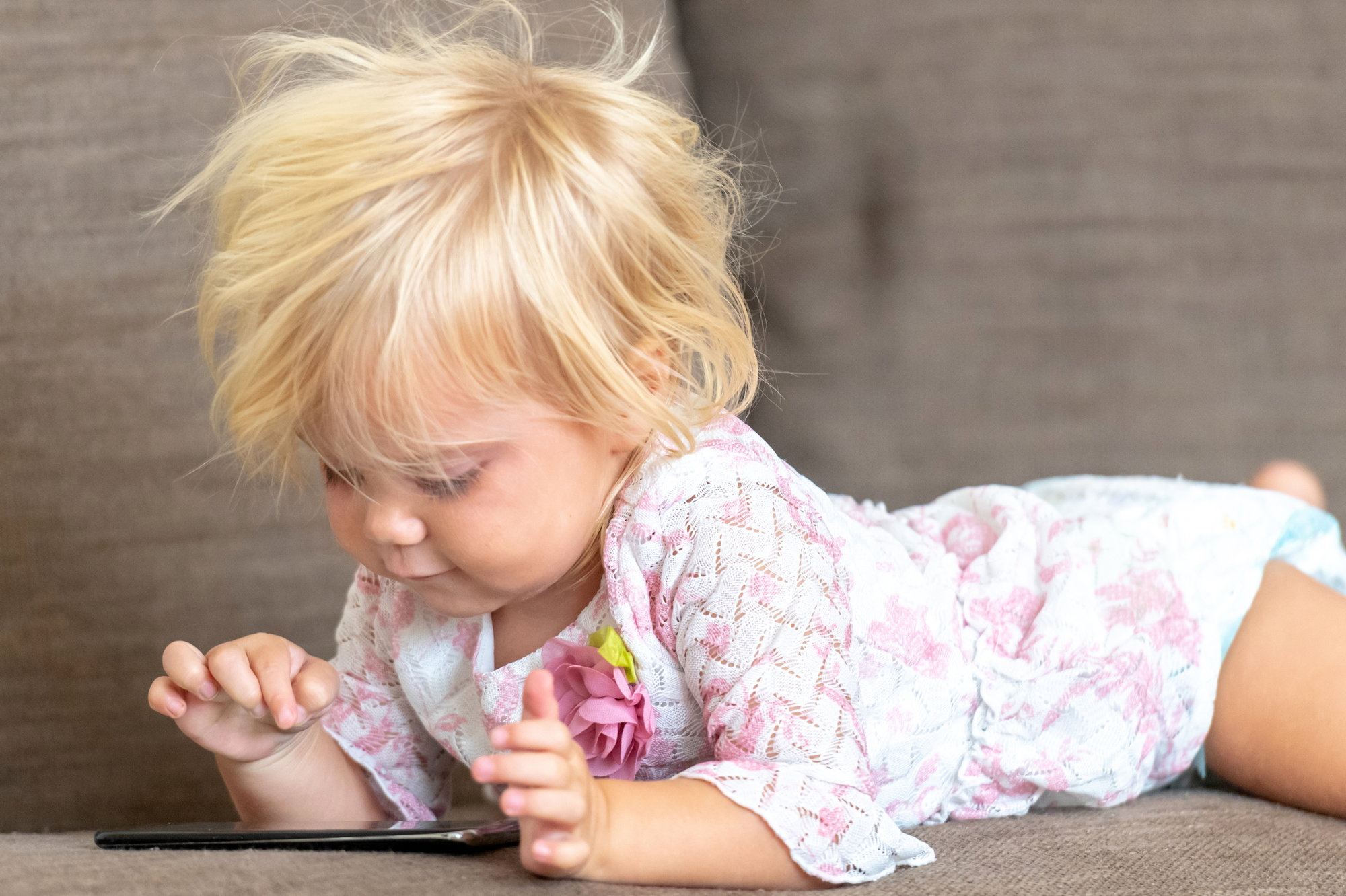
Unlike American parents, who kind of love to freak out about how much screen time their kids are engaging in, Scandinavian parents just don't really worry about it. Even though iPads are a normal part of preschools, because they spend so much time outdoors and actively engaging in other activities, screen time just naturally isn't the same kind of issue.
Dirt is normal
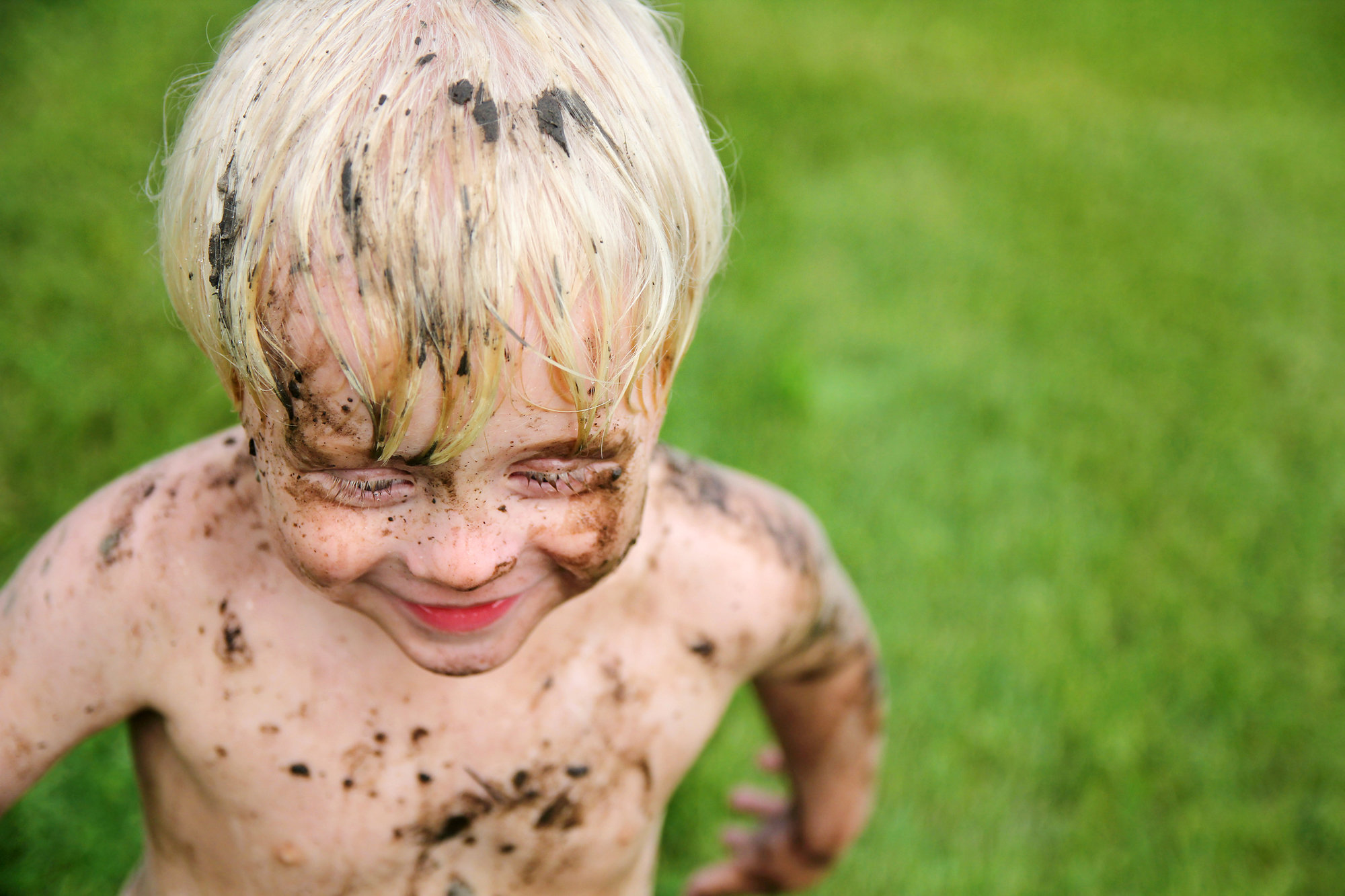
When we go outside for fun adventures involving mudcakes and eathworms, we're going to get muddy. This isn't considered bad or unhygienic in Scandinavia, where it's normal to come in from a muddy playtime (although muddy babies still go right in the bath).
Avoid labeling kids in negative ways
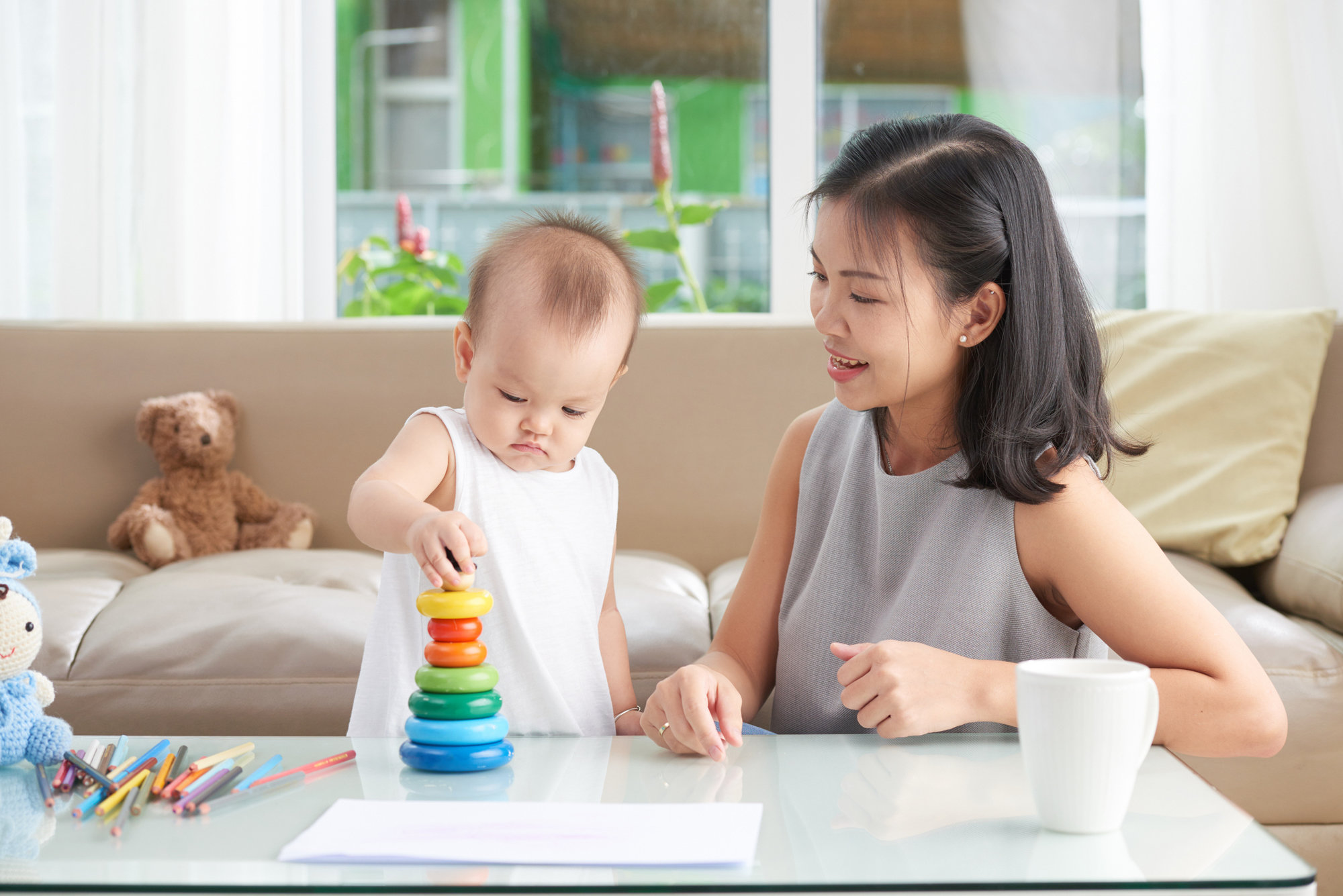
When we label kids as having negative traits — "That kid is so messy," "My son is lazy," they learn to identify themselves that way. However, when we separate the behavior and the kid's identity, we can identify an area to work on. If a kid is "giving into messiness," that's very different from her "being messy."
Create a happy worldview by focusing on the positive
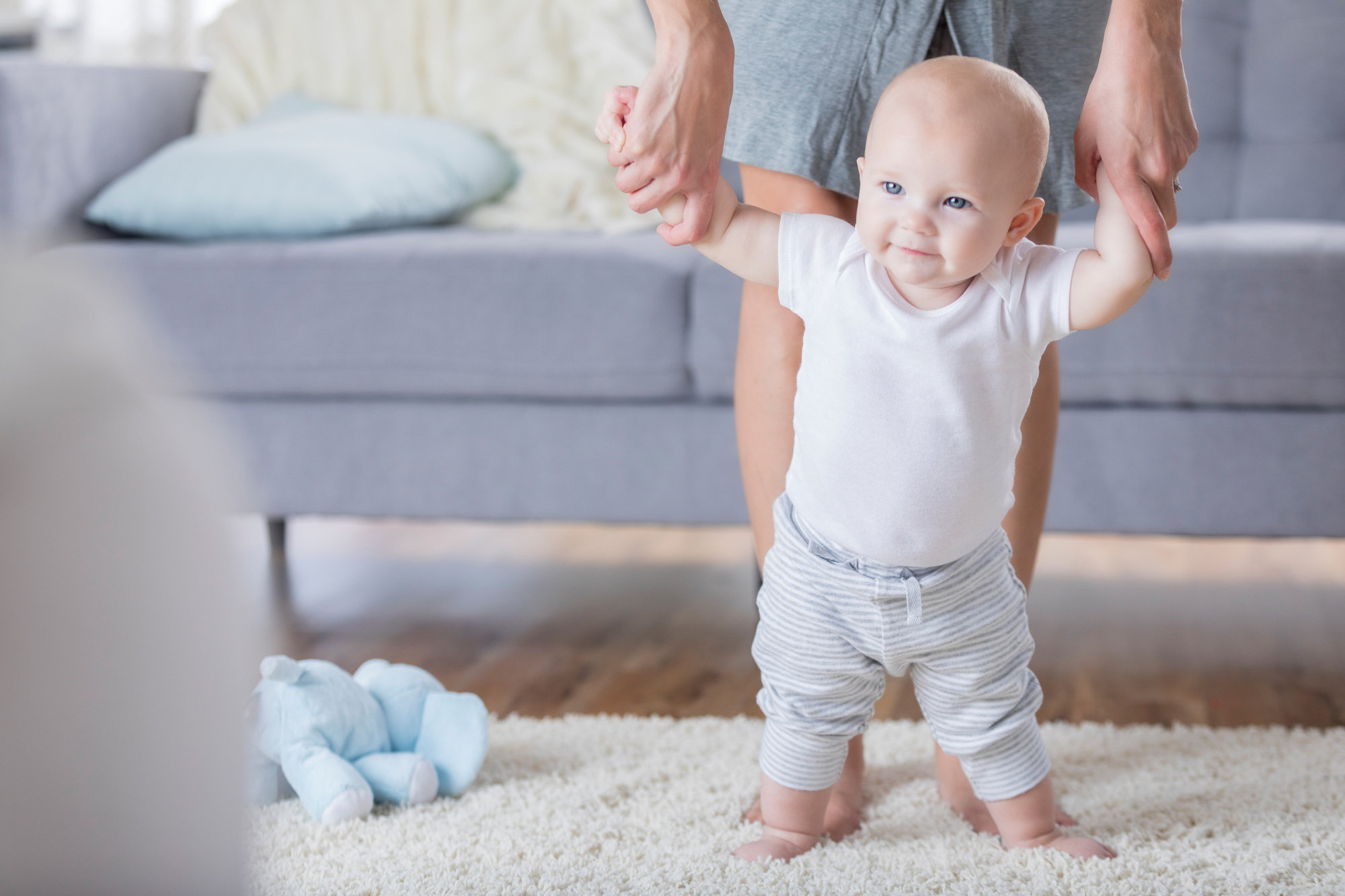
Kids learn how to see the world from their parents. When we accentuate the positive elements of negative experiences — for instance, say a kid makes a mistake during a piano recital and has to leave the stage partway through — parents can focus on the positive. "It'll be better next time," they'll say, and "What was played was lovely, sweetheart." This way, they'll learn to see mistakes as learning opportunities rather than as shameful.
Total parental supervision is overrated
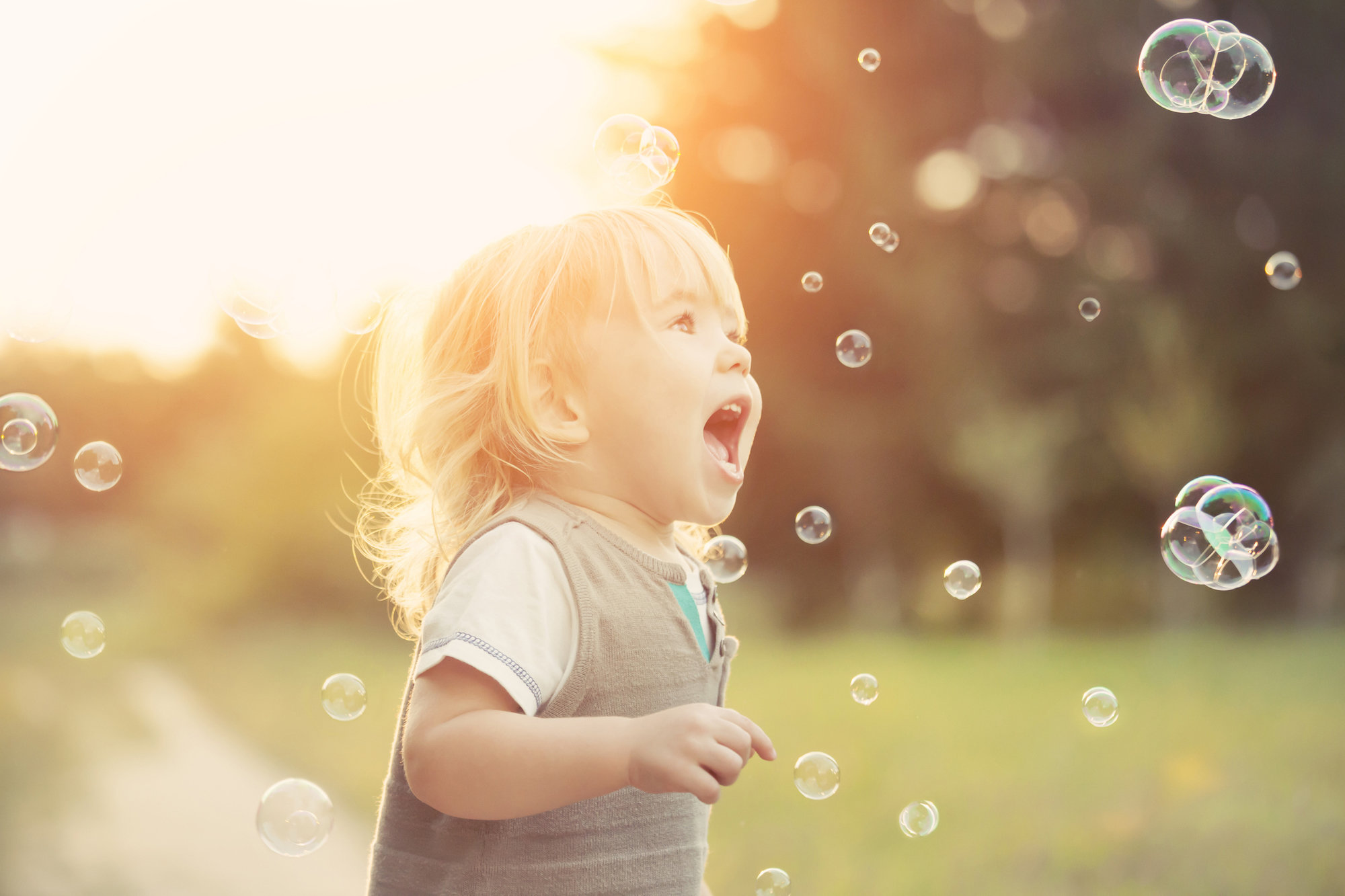
In Scandinavia, almost three-fourths of fourth-graders walk or ride their bike to school. True facts. They're not supervised with helicopter parents, and they learn from those opportunities to make mistakes and grow.
Answer kids honestly
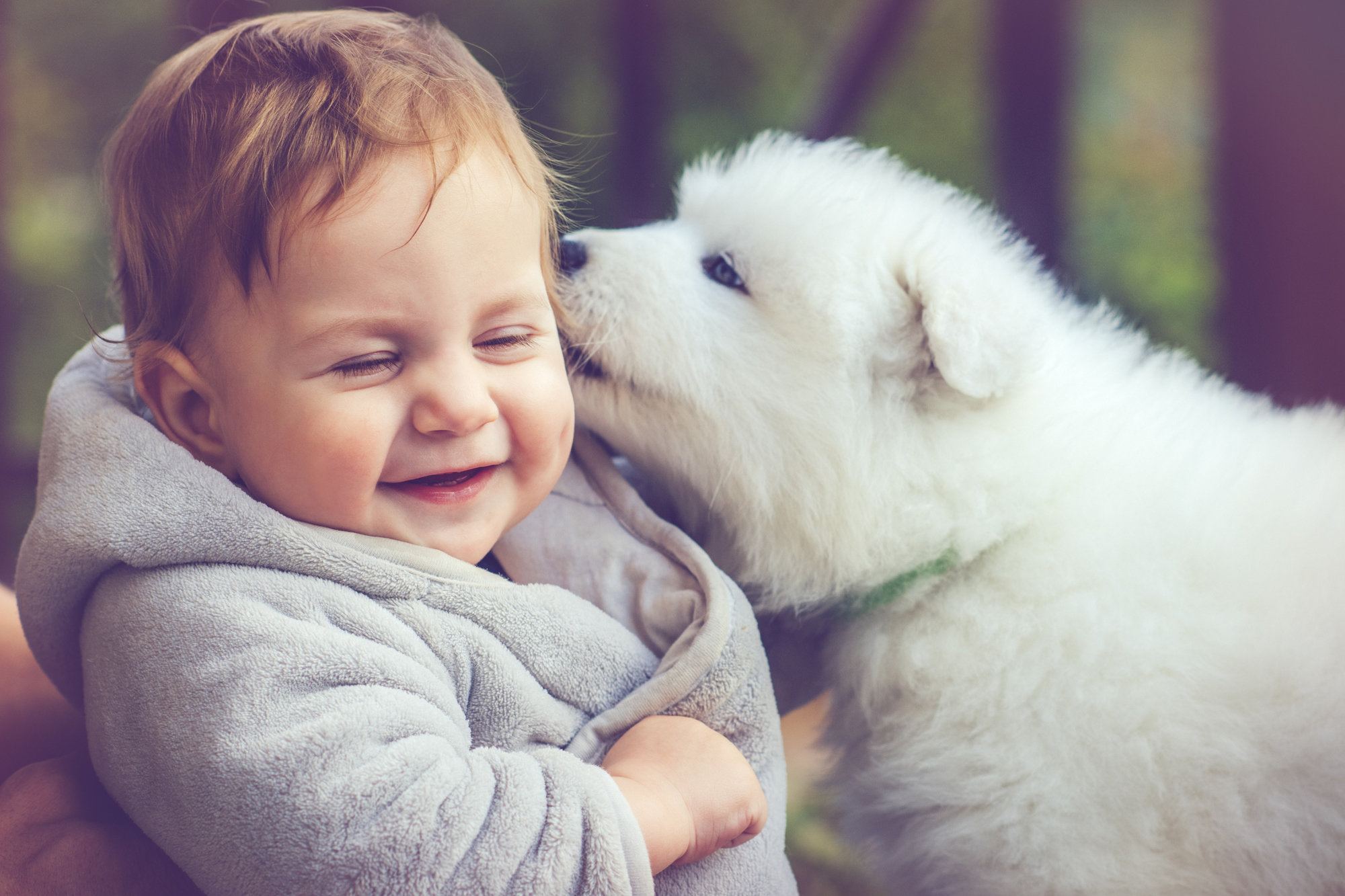
Although it may seem hard, Scandinavian parents don't balk when their kids ask them tough questions. If the family dog is killed by a car, they won't pretend he's moved to a nice farm — or even say that he "passed away." Scandi parents are honest and open with their kids about the tough moments, and that helps them learn trust.
Create unscheduled hours for kids to do what they will
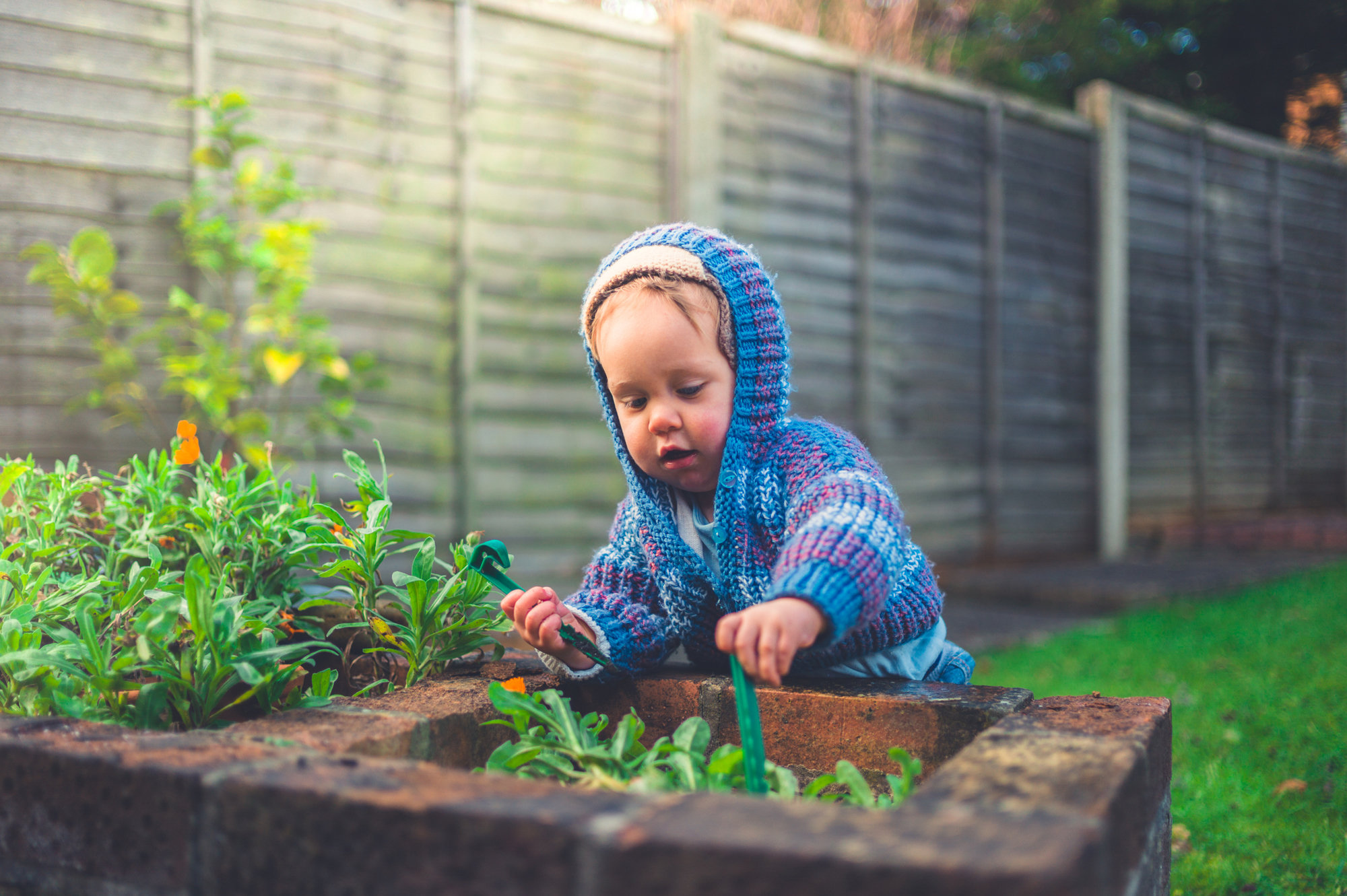
In Scandinavian countries, until kids are 10 years old, they finish the day at 2 p.m., with the rest of the afternoon dedicated to free play. Even though we can't get our fourth-graders to do the same, that doesn't mean weekends have to be a mess of ballet and soccer and karate lessons. Make sure kids get some chilled-out free play time in the mix.




